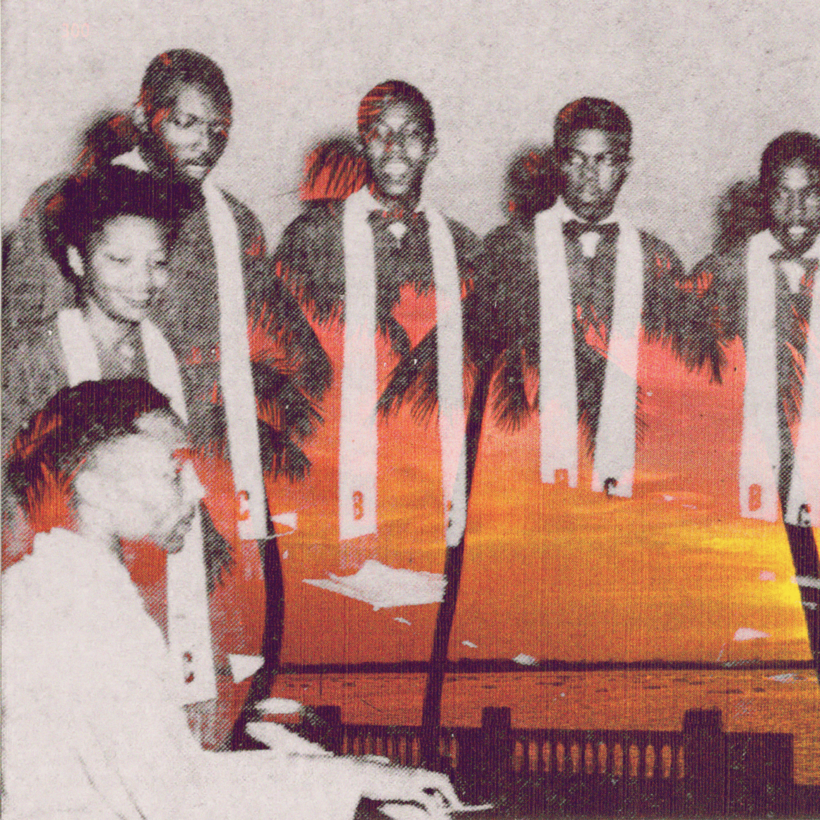In the Trump administration’s wild purges of histories relating to “diversity, equity, and inclusion” from Department of Defense Web sites this spring, photographs of the Enola Gay B-29 aircraft, which dropped the atomic bomb on Hiroshima, were somehow included on a list for possible deletion. In June, Defense Secretary Pete Hegseth ordered a review of the U.S. Navy vessels bearing the names of prominent civil-rights leaders such as Cesar Chavez and Harriet Tubman, going as far as ordering the renaming of a ship named for Harvey Milk, a former lieutenant who was the first openly gay elected official in California prior to his assassination, in 1978.
The fact that central aspects of 20th-century history would be subject to potential erasure highlights the reality that, in an era of theatrical patriotism and politicized information, large swaths of the American past are going missing as part of ideological warfare. Exhibit A: while writing my latest book, American Scare: Florida’s Hidden Cold War on Black and Queer Lives, a history of the fallout from the red scare in segregated Florida, I discovered with shock that a gay Black Korean War veteran named William James Neal sued the state of Florida in 1961 for firing him from a teaching position at a junior college due to his sexuality—and won, in large part, by hiding his race from the courts.

